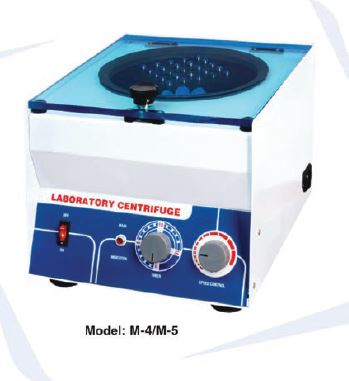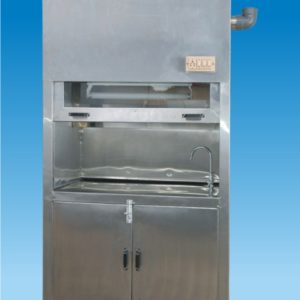Description
MEDICAL CLINICAL CENTRIFUGE (NON DIGITAL) is a laboratory instrument used to separate materials in a sample by spinning it at high speeds. The centrifugal force generated by the spinning motion causes the denser components of the sample to move towards the bottom of the centrifuge tube, while the lighter components move towards the top.
A non-digital medical clinical centrifuge typically features manual controls for adjusting the speed and time settings. The instrument can process a range of sample volumes, from small quantities to larger volumes, depending on the model.
Medical clinical centrifuges (non-digital) are commonly used in clinical diagnostics, such as blood and urine analysis, and in medical research. They can also be used in industrial applications, such as in the manufacturing of pharmaceuticals and biotechnology products.
Proper use and maintenance of a medical clinical centrifuge are important for ensuring accurate and reliable results. The instrument should be operated and maintained according to manufacturer instructions and industry standards, and regular maintenance and calibration should be performed to ensure optimal performance and safety. The samples should be properly prepared and loaded into the centrifuge tubes to avoid errors and contamination.







